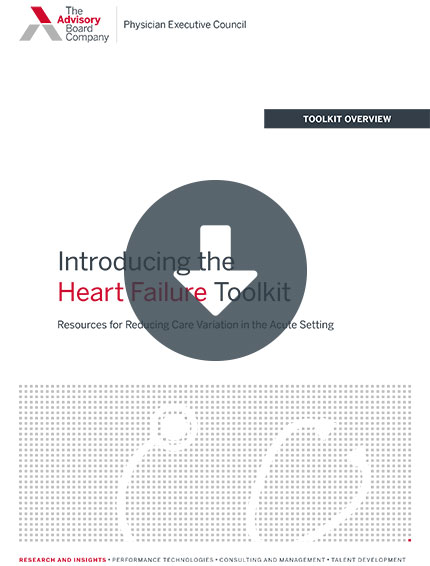Auto logout in seconds.
Continue LogoutGetting six to eight hours of sleep each night is ideal for your health, but sleeping more than that could put you at a higher risk for cardiovascular disease or death, according to a study published Wednesday in the European Heart Journal.
Get ready-to-use slides on the latest sleep services market trends
Study details
For the study, researchers gathered health and lifestyle information from 116,632 people in 21 countries and followed them for about eight years. During those years, the researchers recorded 4,381 deaths and 4,365 major cardiovascular events.
When compared with people who averaged six to eight hours of sleep each night, the researchers found people who slept:
- Eight to nine hours each night had a 5% increased risk of cardiovascular disease or death;
- Nine to 10 hours each night had a 17% increased risk of cardiovascular disease or death; and
- More than 10 hours a night saw a 41% increased risk of cardiovascular disease or death.
The researchers also noted that individuals who slept less than six hours a night saw a 9% increased risk of cardiovascular disease or death, but said that difference was not statistically significant.
Napping during the daytime also was associated with an increased risk of cardiovascular disease or death, the researchers found. However, Chuangshi Wang, lead author of the study and a Ph.D. student at McMaster University in Canada, said for those who averaged less than six hours of sleep a night, "a daytime nap seemed to compensate for the lack of sleep at night and to mitigate the risks."
Discussion
Wang said the study's results highlighted the importance of getting the right amount of sleep.
"Get enough sleep—that is six to eight hours a day," Wang said, adding, "But if you sleep more than nine hours a day, you may want to visit a doctor to check your overall health."
Salim Yusuf, co-author of the study and a professor at McMaster, recommended that doctors include "questions about the duration of sleep and daytime naps in the clinical histories of [their] patients," as the questions "may be helpful in identifying people at high risk of heart and blood vessel problems or death."
But some experts were more cautious about the findings.
Julie Ward, a senior cardiac nurse at the British Heart Foundation who was not involved in the study, said, "Even though the findings were very interesting, they don't prove cause and effect."
Similarly, Francesco Cappuccio, a professor of cardiovascular medicine and epidemiology at Warwick University in the United Kingdom who was not involved in the study, said, "It's not that long sleep causes death or ill health," but rather that poor health often causes an increase in sleep.
That said, Cappuccio noted lack of sleep is "definitely associated with an increased risk of death," and has been linked with high blood pressure, obesity, and diabetes (Bakalar, "Well," New York Times, 12/5; HealthDay/WebMD, 12/5; Giordano, The Independent, 12/5; CNN/WDRB, 12/5, Avramova, CNN, 12/5).
Get ready-to-use slides on the latest market trends in sleep services
Want the latest information for your next sleep services strategy meeting? We’ve developed a ready-to-use presentation with the latest sleep market trends. It covers everything from an overview of sleep disorders to sleep volume and financial trends to strategies for responding.
Use the slides to frame your next strategy meeting and build a strong foundation for your presentation.
Don't miss out on the latest Advisory Board insights
Create your free account to access 1 resource, including the latest research and webinars.
Want access without creating an account?
You have 1 free members-only resource remaining this month.
1 free members-only resources remaining
1 free members-only resources remaining
You've reached your limit of free insights
Become a member to access all of Advisory Board's resources, events, and experts
Never miss out on the latest innovative health care content tailored to you.
Benefits include:
You've reached your limit of free insights
Become a member to access all of Advisory Board's resources, events, and experts
Never miss out on the latest innovative health care content tailored to you.
Benefits include:
This content is available through your Curated Research partnership with Advisory Board. Click on ‘view this resource’ to read the full piece
Email ask@advisory.com to learn more
Click on ‘Become a Member’ to learn about the benefits of a Full-Access partnership with Advisory Board
Never miss out on the latest innovative health care content tailored to you.
Benefits Include:
This is for members only. Learn more.
Click on ‘Become a Member’ to learn about the benefits of a Full-Access partnership with Advisory Board
Never miss out on the latest innovative health care content tailored to you.

